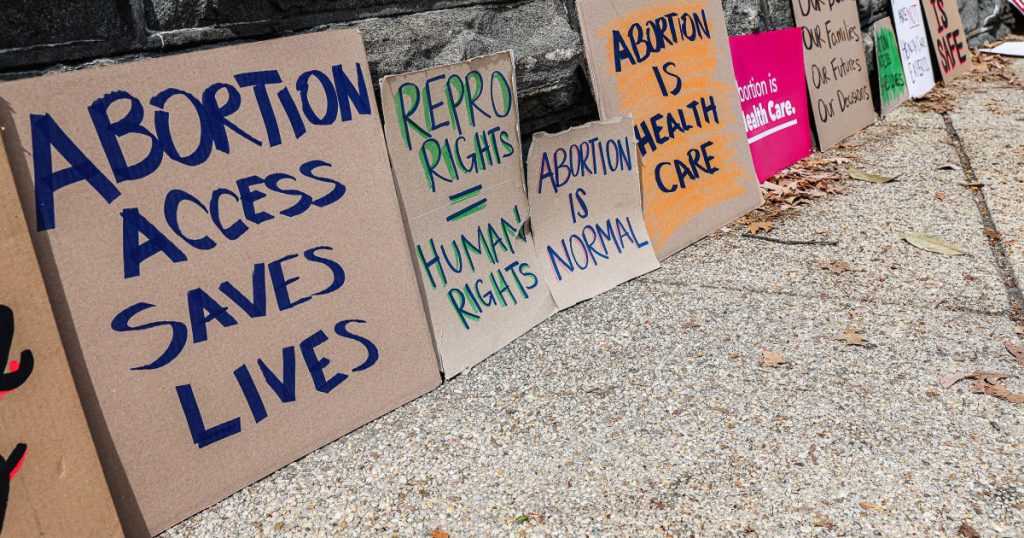The Supreme Court is considering a case involving Idaho’s near-total ban on abortion and the federal law known as the Emergency Medical Treatment and Labor Act (EMTALA). The dispute centers around whether hospitals must provide stabilizing care, which may include abortions, to patients experiencing medical emergencies. The Biden administration argues that in some cases, abortion care may be necessary under EMTALA, but Idaho officials and opponents of abortion rights contend that the state’s restrictions on abortion should not be overridden by federal law.
During oral arguments, the justices debated whether Idaho’s law allows for emergency abortion care in circumstances where it would be required under EMTALA. Justices focused on whether there was a conflict between Idaho’s law and the federal law, with the Biden administration arguing that EMTALA requires hospitals to offer abortions in certain emergency situations to save the life or prevent harm to the mother’s health. The case has raised questions about the interpretation of EMTALA and whether it can displace state laws restricting abortion.
EMTALA was enacted in 1986 to ensure that hospitals provide stabilizing treatment to patients with emergency medical conditions. The Biden administration sued Idaho over its abortion ban, arguing that it is preempted by federal law. The case has made its way through the federal court system, with the Supreme Court agreeing to decide whether EMTALA overrides state laws prohibiting most abortions. The outcome of the case could have significant implications for abortion access in states with strict restrictions.
Supporters of abortion rights warn that a decision in favor of Idaho could have devastating consequences, leading to delays in care and potentially harmful outcomes for pregnant women facing medical emergencies. Critics of the Biden administration’s position argue that EMTALA does not mandate abortion care and accuse the government of overreaching in interpreting federal law. The Supreme Court justices questioned both sides during oral arguments, expressing skepticism about the interpretation of EMTALA and its implications for state laws.
The case comes in the wake of the Supreme Court’s decision overturning Roe v. Wade, which has sparked a flurry of legal challenges and legislative actions on abortion rights across the country. Idaho is one of several states with strict abortion laws, and the outcome of this case could shape the future of abortion access in those states. The Supreme Court is expected to issue a decision by the end of June, along with another abortion-related case involving the regulation of the abortion pill mifepristone. The court’s rulings in these cases will further define the landscape for abortion access in the post-Roe era.


